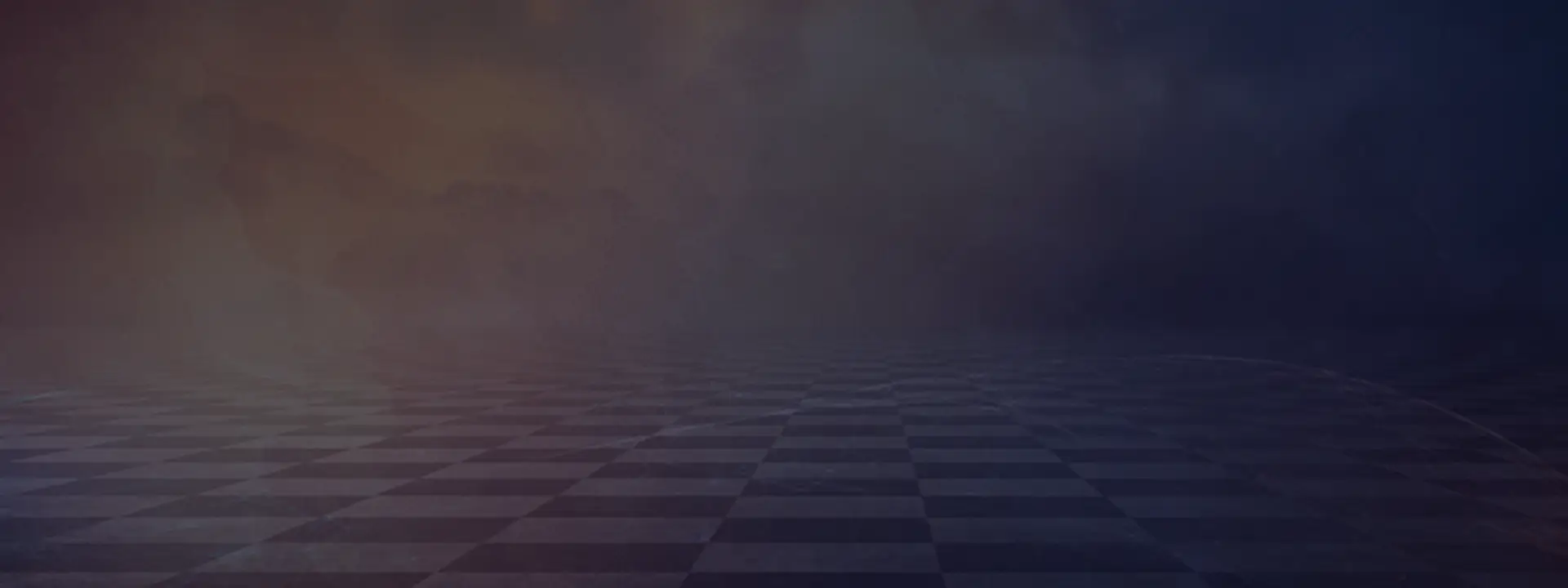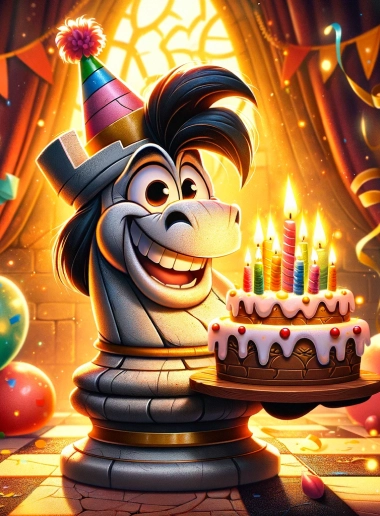I'll take just a minute from you 😇
Please create a free account and continue enjoying the course.
Cheers! Charlie

Countering All the Sicilian Sidelines
(4 hours 38 min)
The mainlines of Sicilian Defense, starting after 2.Nf3, are often sharp with many complex variations. Studying them is too time-consuming.
So many 1.e4 players, who don’t have much time to study openings, will prefer to play an Anti-Sicilian Setup.
Even at ChessMood we recommend playing the Closed Sicilian with 2.Nc3 for the White pieces.
So if you play the Sicilian you need to be well prepared against its sidelines too! ...
In this course you'll see how to play against sidelines lines like Alapin (2.c3), Anti-Sicilian (2.Nc3 variation), Morra Gambit (2.d4) and rare moves like 2.b4, 2.b3, 2.g3, 2.f4.
Below are some of the positions taken from the course:








Once you finish the course, you’ll be well-equipped to handle any Sicilian sideline that you face.
Let’s jump in!
What you'll learn
- A move-by-move repertoire to playing against 2.Nc3 Anti-Sicilian, including how to counter our own ChessMood repertoire with White!
- Why do players with White prefer to play the Sicilian sidelines instead of the mainline (1.e4 c5 2.Nf3)?
- How to counter White's Grand Prix Attack in this opening?
- How to counter the Closed Sicilian where White plays 2.Nc3, 3.g3 setup.
- Fighting against other sidelines like 2.Bc4, 2.Be2.
- How to fight for an opening advantage against surprising 2nd moves like 2.b3, 2.f4, 2.b4, 2.g3.
- Model games to help you understand ideas in this line better and much more.
Course Content
-
113
Episodes -
4 hours 38 min
Students give this course an average of 4.9 out of 5 stars.





